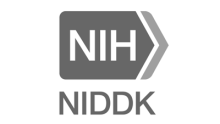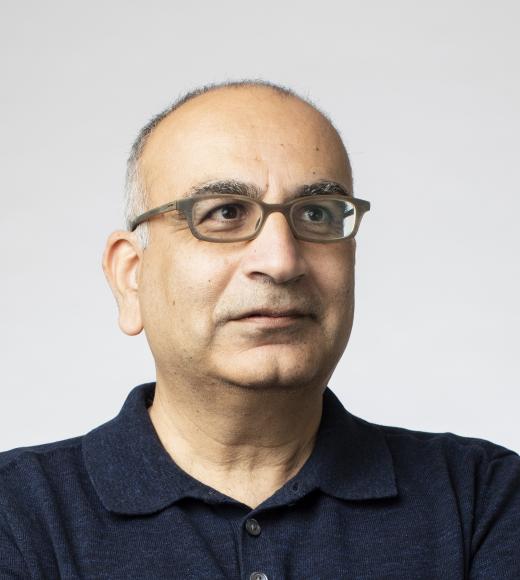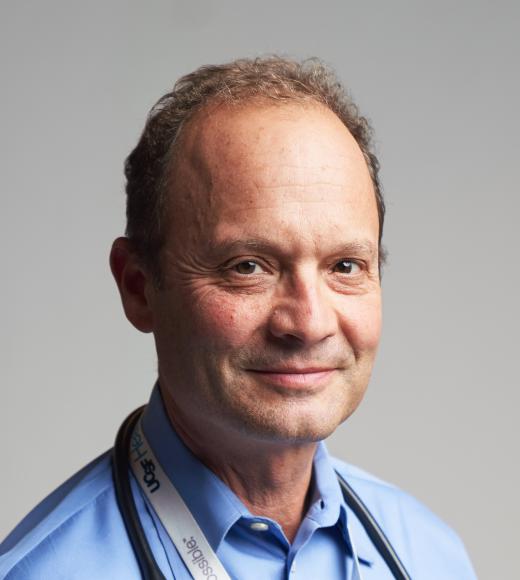

Type 1 Diabetes Research Center at UCSF
DIABETES RESEARCH CENTER AT UCSF
Understanding and Advancing Treatment of Type 1 Diabetes
We integrate multiple research programs in areas of islet biology, immunology, and metabolism. For more than two decades we have actively expanded our research base in this critical subject area with a facilities infrastructure that coordinates diverse research programs into an interdisciplinary whole. Including senior and early-stage investigators from various departments and schools across UCSF campuses, we provide collective research facilities, a lecture program that fosters interactions amongst laboratories conducting diabetes research, and fund pilots for new and interdisciplinary research directions with a robust administrative infrastructure that promotes these integrative goals.
Research Programs
Islet Biology
The Islet Biology Program includes research related to the development and function of the islet. One primary research focus is the overlapping steps in the progression from stem cells to organized islets.
Investigators compare and contrast pancreas development in organisms as varied as flies, zebrafish, mice, and humans. There is a strong emphasis on studies of islet regeneration oriented towards producing islets for transplantation into patients with type 1 diabetes. Islet biology researchers also study islet function ranging from the generation of islet auto-antigens predisposing islets to destruction in Type 1 diabetes.
Autoimmunity
Researching the origins and therapeutic modulation of autoimmune destruction of the islet in Type 1 Diabetes.
Research within the program has led to novel insights into the surveillance of islet antigens leading to Type 1 Diabetes, the central role of the breakdown in T cell tolerance in that immune attack on the islet.
Translation
Investigating fundamental processes leading to diabetes in humans with those translating preclinical findings to improvements in diabetes treatment. One strong component of the Translation Program includes researchers involved in the development of treatments for Type 1 diabetes.
Researchers within the Translation Program also study the processes directly leading to diabetes in its most pertinent model organism, humans. These studies incorporate the ability to use a new generation of genomic and metabolic tools to investigate the underlying causes of disease and as well as the modes of action of drug therapies within the patient population. Human studies of the genetic and environmental factors affecting diabetes development and treatment represent another focus of the Translation Program. Thus, the Translation Program translates basic research to human treatment (“bench to bedside”) and studies humans to discover the most pertinent basic research areas (“bedside to bench”).
Core Facilities
Islet Production
Provides investigators with highly purified and functional mouse and human islets, along with consultative support for DRC members who wish to work with islets in downstream assays, and training for DRC members to learn to isolate their own mouse islets using standardized best practices. Enables the development of new methods and technologies for islet research.
Microscopy
Consolidates, enhances and disseminates resources and expertise in tissue and cell imaging technologies. Advanced and routine microscopy instruments, training and assistance with image collection and image analysis are available.
Cytometry & Cell Sorting
Provide and maintain highly sophisticated flow cytometry, cell sorting and mass cytometry instruments, including coordination of instrument procurement aligned with DRC needs, as well as consultation, operator assistance and training in order to enable robust best practices for data collection and interpretation
Pilot & Feasibility Program
The Pilot and Feasibility (P&F) Program is a major pillar on which the success of the UCSF-DRC is built. This program awards grants of $50,000 to projects that are meant to be exploratory in nature, allowing applicants to collect preliminary data needed for subsequent larger grant applications. An average of three awards of $50,000 are funded per year.
The intentions of this program relate directly to the major goal of strengthening a growing interactive community of Type 1 Diabetes researchers by enabling new investigators and junior faculty to establish relevant research programs; fostering highly innovative directions in basic and clinical research; and encouraging and promoting the effective and consistent use of the Core resources.
Funded Investigators
ENRICHMENT PROGRAM
To provide exceptionally high-quality opportunities for investigators at UCSF to exchange research information, for recognized experts in obesity and nutrition to enlighten the UCSF community on both research and clinical practice, and for faculty to educate trainees, as well as to strengthen the multidisciplinary and collaborative network that links immunology, cell development, and metabolism research being conducted across UCSF
The objectives of the program are to strategically integrate a complementary yearlong set of speakers regularly interspersed in the weekly Endocrine Grand Rounds, Diabetes Seminar Series, which includes Distinguished Speakers in Diabetes Research, and institution-wide joint seminars with UCSF graduate programs. We also hold an annual DRC & NORC retreat, a three-day symposium featuring trainee, faculty, visiting faculty, and keynote talks, across multiple UC Campuses.
Co-Directors
Executive Committee
Staff











